Microsoft runs out of US IPv4 addresses for Azure, taps into global reserves
2 min. read
Published on
Read our disclosure page to find out how can you help Windows Report sustain the editorial team. Read more
The world supply of IPv4 addresses has been on the verge of running out for some time now. It has not come out of the blue, and most companies with a need for large numbers of IP addresses bought them up en masse — Microsoft included. But this week the company revealed that it had completely run out of IPv4 address space, and this had an odd knock-on effect for Azure users.
In a post on the Azure blog, Senior Program Manager Ganesh Srinivasan said that “IPv4 address space has been fully assigned in the United States, meaning there is no additional IPv4 address space available.” The solution? Obviously it would be out of the question to simply stop assigning IP addresses to Azure services, so Microsoft was forced to tap into its worldwide reserves. The situation “requires Microsoft to use the IPv4 address space available to us globally for the addressing of new services.”
While this seems like a simple enough solution, there was a side-effects: “at times your service may appear to be hosted in a non-US location.”
The blog post was updated a couple of days later with a slight clarification. “Currently, Microsoft has IPv4 space in US regions. That said, inventory space is a dynamic situation. In the past some customers were assigned non-US IPv4 addresses as a result of limited inventory. We have already updated many major geo-location databases to ensure customers do not experience any confusion in the future.”
So there is still US IPv4 space available. But there wasn’t. And there will be point when there isn’t again. Dynamic, you see. Regardless of whether there is IPv4 space available in a particular region at any given moment, the fact remains that there are a limited number of IPv4 addresses available. There will come a time when there are simply no more available and global stocks cannot be reorganized to overcome the problem.
It highlights the need to move to IPv6 which opened up a much, much larger number of addresses — some have referred to it as offering an almost unlimited number of addresses. But there are compatibility issues and costs associated with switching to IPv6, and this — at least partly — explains why the standard has not yet been more widely adopted.
But ultimately, time will run out.

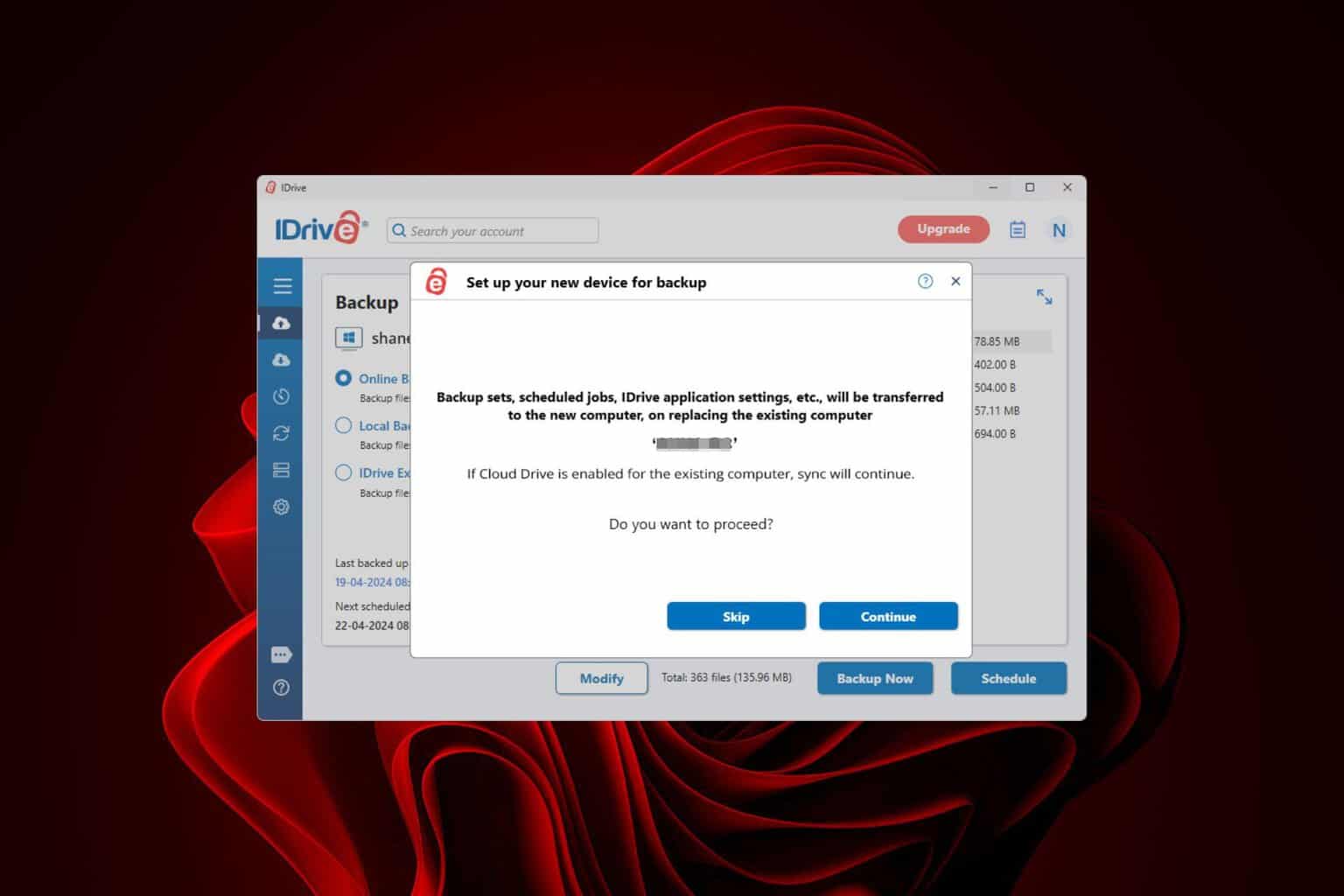
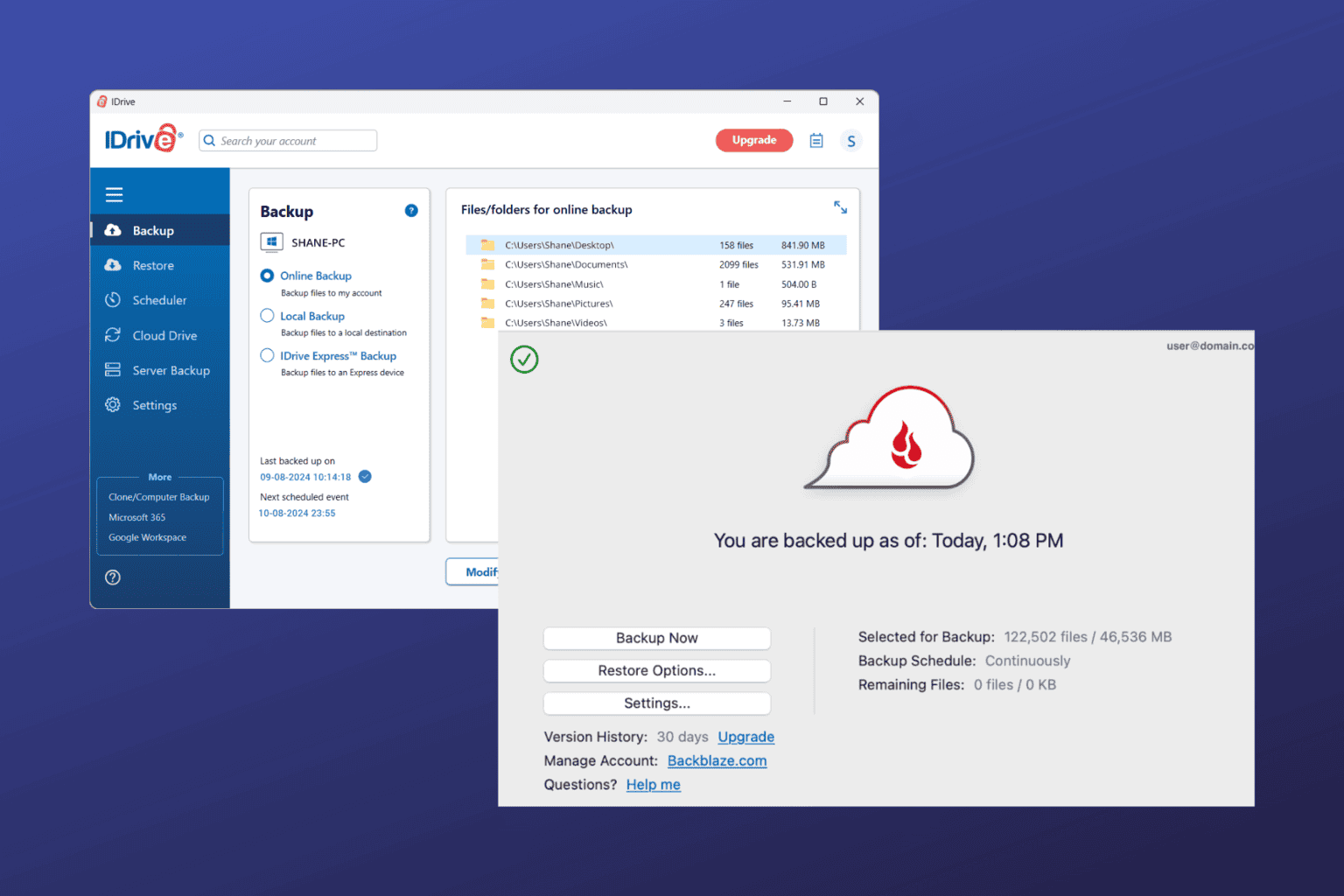
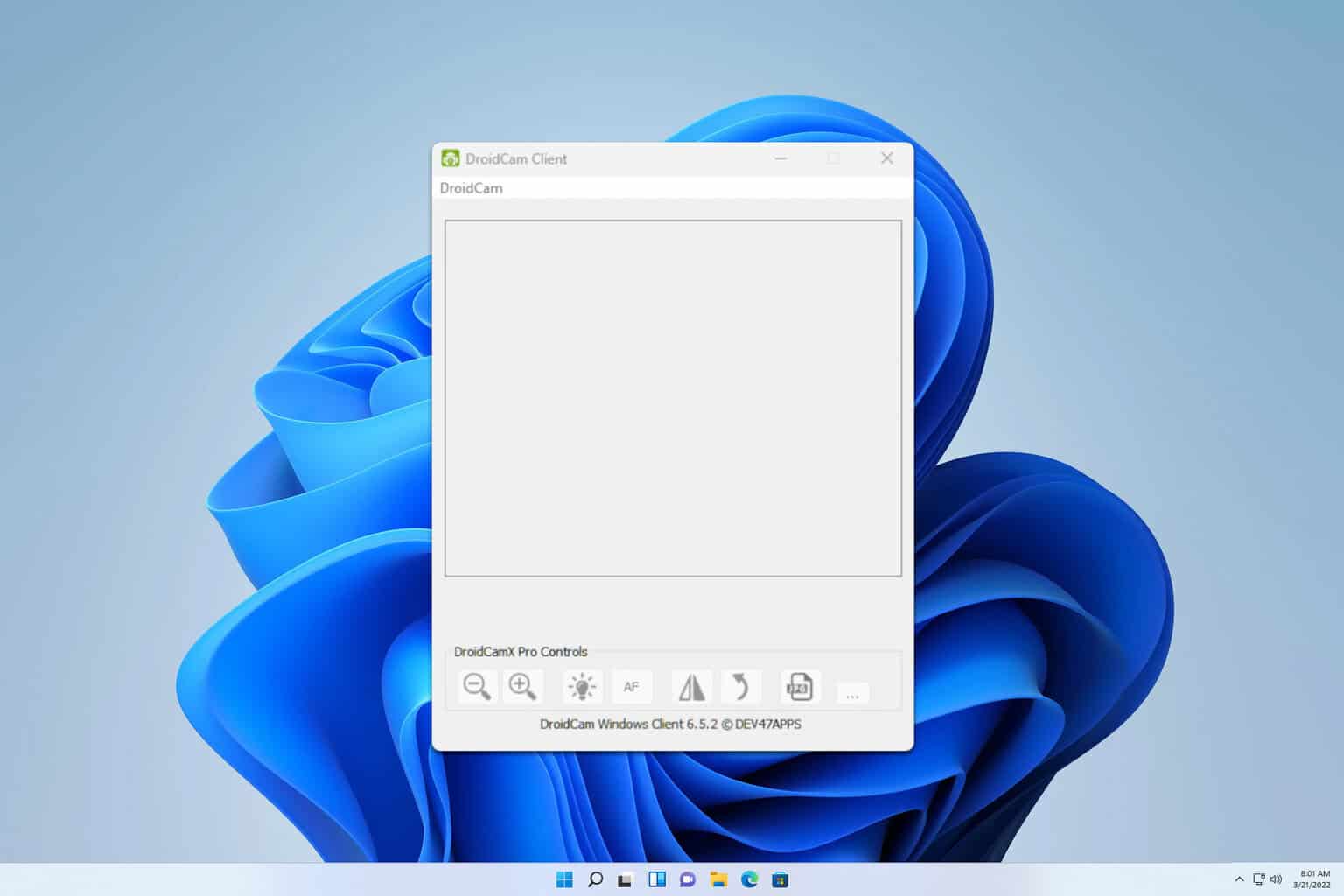
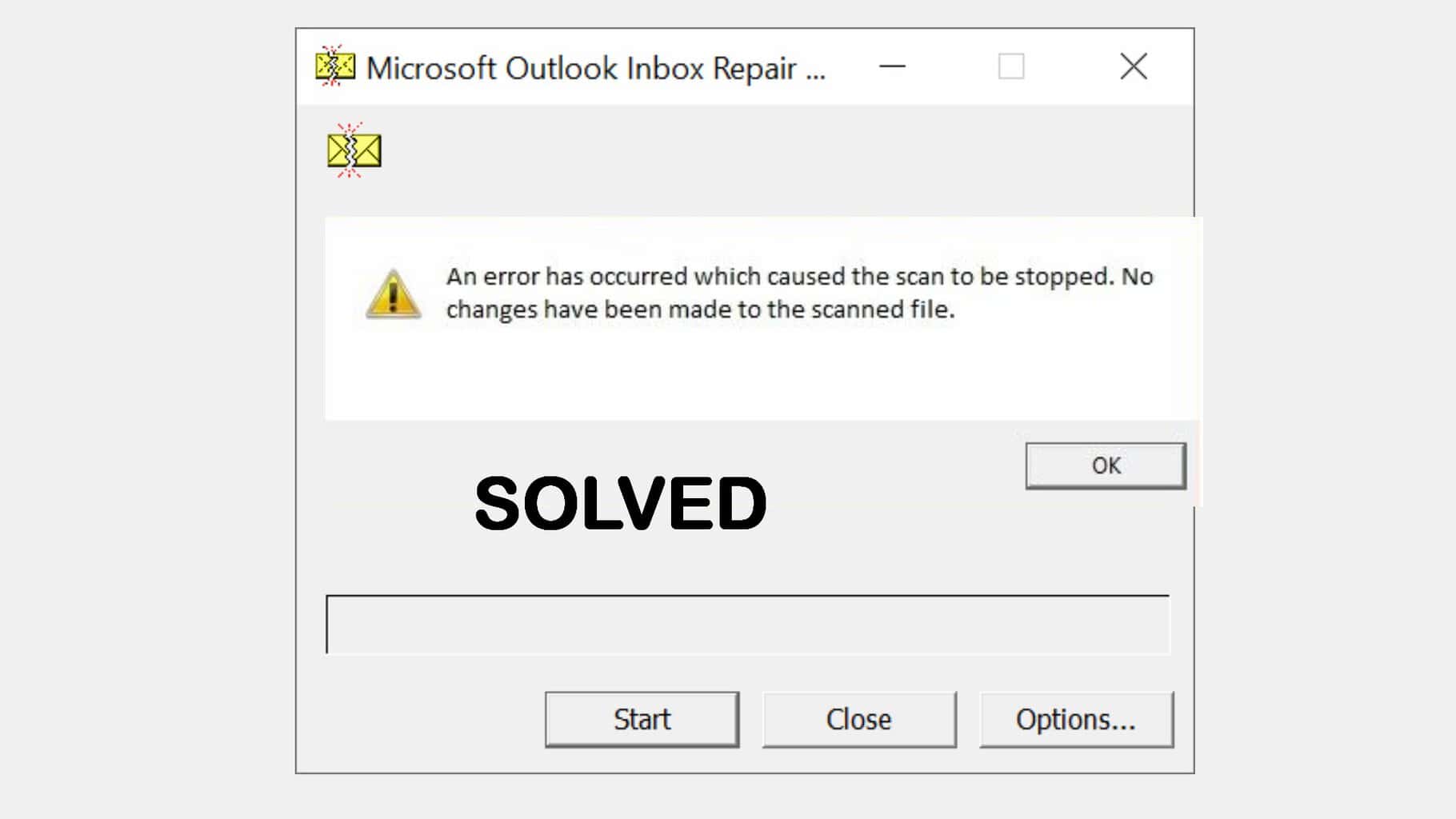



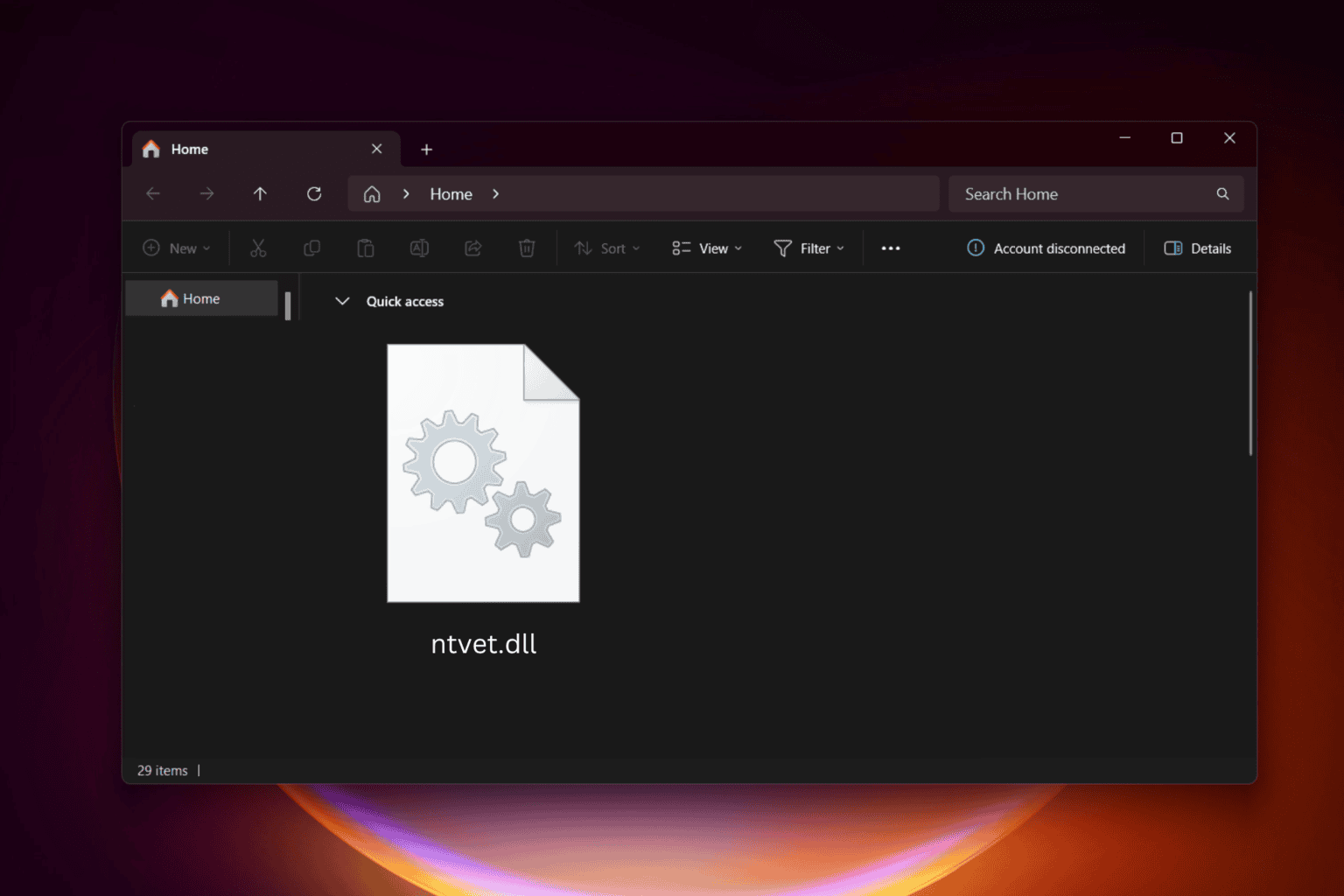
User forum
0 messages